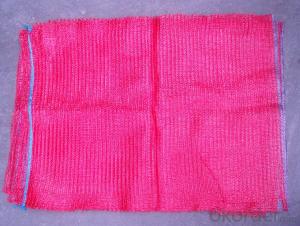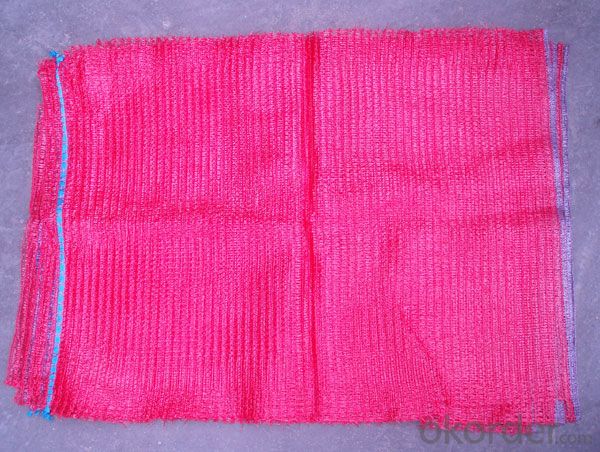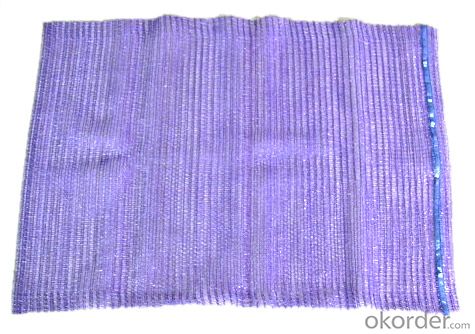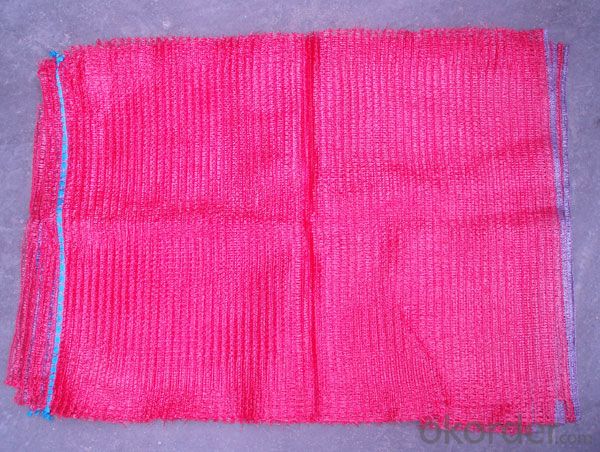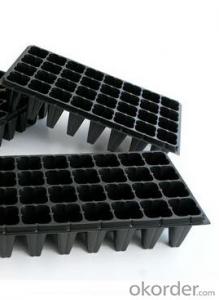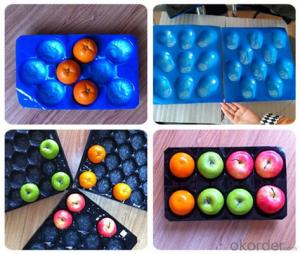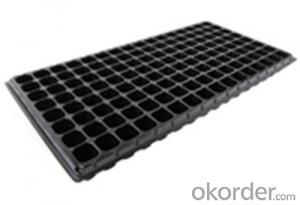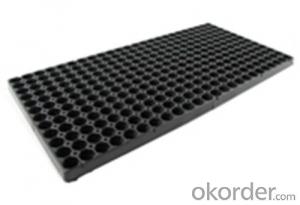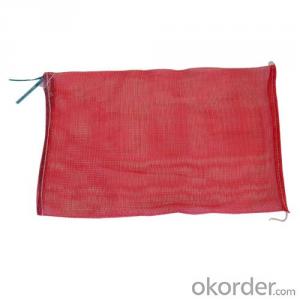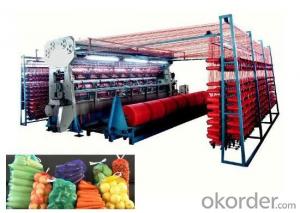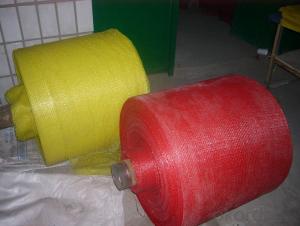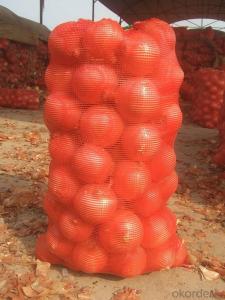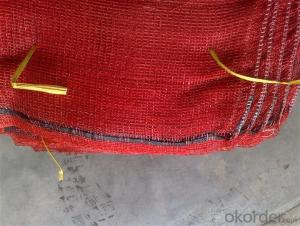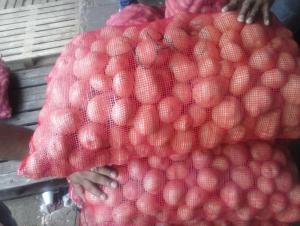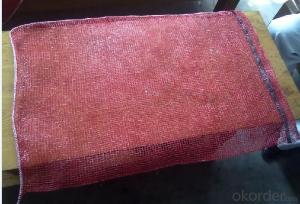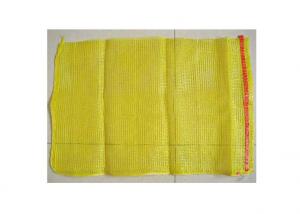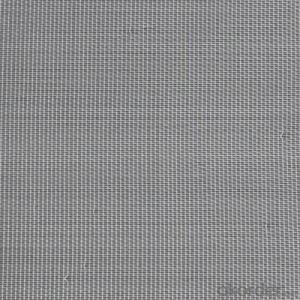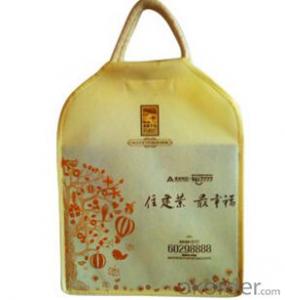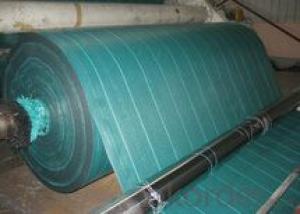Agricultural Vegetable Mesh Bag 25g for Tomato
- Loading Port:
- Shanghai
- Payment Terms:
- TT OR LC
- Min Order Qty:
- 10000 m²
- Supply Capability:
- 1000000 m²/month
OKorder Service Pledge
OKorder Financial Service
You Might Also Like
Product Name of Agricultural Vegetable Mesh Bag 25g for Tomato:
PE Mesh Bag VIOLET
Loading Port: Shanghai port, China
Min.order quantity: 1*20GP
Supply Capability: 20*40HC per month
Payment Terms: TT or LC
Introduction of Agricultural Vegetable Mesh Bag 25g for Tomato:
This products is made by HDPE (High-Density Polyethylene) or PP (Polypropylene), it is used for packing olive, onions, potatoes, and so on.
Specification of Agricultural Vegetable Mesh Bag 25g for Tomato:
HDPE (High-Density Polyethylene)
or PP (Polypropylene)
20g/m2—200g/m2
AS customer’s requirements.
30x50cm, 40x60cm, 42x70cm, 50x80cm, 55x78cm, 55x85cm, 57x86cm, 60x90cm, etc.
Width and length are as customers’ request.
Color: red, green, yellow, white, pink, orange, purple, as per your requirements
Top: Hemmed or locked, with drawstring or without, handle is available
Bottom: Single fold or double fold. Single stitch or double stitch
Printing: on one side or both sides, in one color or multi-colors
Application of Agricultural Vegetable Mesh Bag 25g for Tomato:
It can be used packing onions, potatoes, apples, orange and other vegetables or fruits. It can hold heavy enough produces
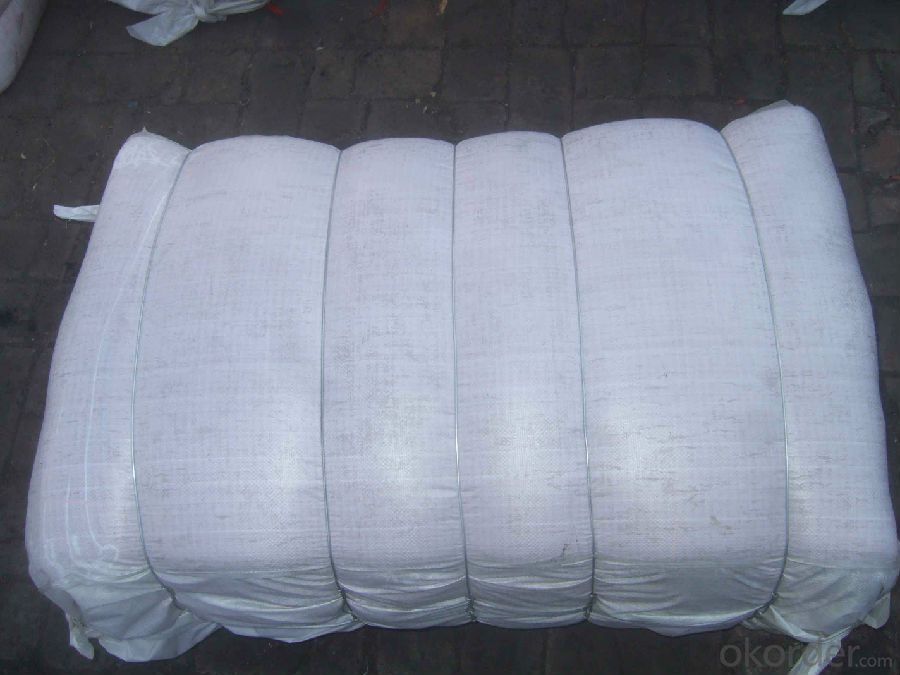
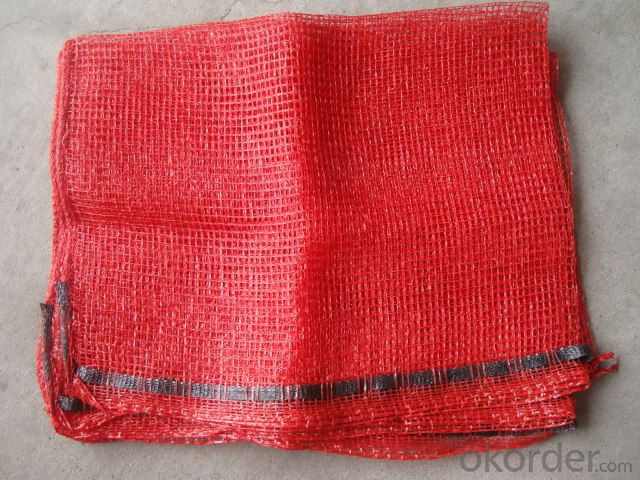
FAQ of Agricultural Vegetable Mesh Bag 25g for Tomato:
Q: How to guarantee the quality of the products?
A:We have established the international advanced quality management system,every link from raw material to final product we have strict quality test;We resolutely put an end to unqualified products flowing into the market. At the same time, we will provide necessary follow-up service assurance.
Q: How long can we receive the product after purchase?
A:In the purchase of product within three working days, We will arrange the factory delivery as soon as possible. The pecific time of receiving is related to the state and position of customers.Commonly 30 to 35 working days can be served.
Q: HOW TO GET A SAMPLE?
A: FREE samples for Agricultural Patato Mesh Bag HDPE Material 25g are available for your checking and testing. And to get free samples, you need to send us you detailed receiving address (including post code) and your DHL/FedEx/UPS account for collecting samples, courier cost will be paid in your side.
- Q: We just put up a Lifetime outdoor shed and we were wondering if it would be ok to store our plastic gas can out there vs. keeping it in our garage.
- if the plastic gas can is especially made for gas so that it doesn't build up static electricity as fuel slops about.. no problems at all. If the plastic can is any other kind of plastic container, no it isn't safe at all.. in fact incredibly dangerous. Especially so as the gas container gets more empty so that a mixture of air/fuel exists above the fluid surface. The risk of explosion is real and potentially fatal. Molotov couldn't do a better job
- Q: What criteria do farmers use to select high-quality agricultural plastic products for their fields?
- <p>Farmers choose high-quality agricultural plastic products for their fields by considering several factors. They look for durability, ensuring the material can withstand weather conditions and physical stress. UV resistance is crucial to prevent degradation from sunlight. They also consider the product's flexibility to adapt to different field shapes and temperatures. The permeability of the plastic is important for water and air circulation, affecting plant growth. Additionally, farmers check for chemical resistance to protect crops from harmful substances that may leach from the plastic. Lastly, cost-effectiveness and the environmental impact, including biodegradability, are also taken into account to ensure sustainable farming practices.</p>
- Q: I am looking for a cheap, heatproof plastic that is suitable for use in flasks. Any ideas?
- The highest melting point plastic I found was Polyether ether ketone (PEEK) with a melting point of 640°F. Glass melts at 2600-2900 °F, so plastic flasks are not a viable alternative to glass. The bunsen burner flame using natural gas has a maximum temperature of 3562°F. I suppose you could argue that if liquid was in the flask, the liquid temperature would cool the base of the plastic flask, so it would might work. But plastic is a good insulator as well, so the plastic might start to melt even with liquid in the flask. And if the water boiled away, the flask would melt for sure, unlike a Pyrex glass flask.
- Q: Can plastic silage bags be recycled?
- Yes, plastic silage bags can be recycled. However, recycling options may vary depending on the specific type of plastic used in the bags and the recycling facilities available in your area. It is important to check with local recycling centers or waste management authorities to determine the appropriate recycling process for plastic silage bags.
- Q: Explain the primary applications of plastic products in agriculture.
- <p>Agricultural plastic products are primarily used for soil conservation, crop protection, and yield enhancement. They include mulch films that help retain moisture and suppress weeds, greenhouses for controlled environment farming, and drip irrigation systems for efficient water usage. Plastic nets protect crops from pests and birds, and plastic containers are used for seedling and plant cultivation. Additionally, they are used in the production of silage, a fermented feed for livestock, and in the construction of hydroponic systems for soil-less cultivation. These products significantly contribute to modern agricultural practices by improving efficiency and sustainability.</p>
- Q: I know how bad Plastic Shopping Bags! But, are Paper Shopping Bags acctually any better?
- Plastic, I can re use a plastic bag. I've had the same 4 re-usable bags for over 2 years now and they are still going strong, like to see a paper one do that. I would prefer a natural fibre one, but have you seen what shops charge for those? My girlfriend tells me paper bags take a lot more energy to produce too
- Q: This question asks for an update on the recent advancements in the technology used for plastics in agriculture.
- <p>Recent developments in agricultural plastic technology include the use of biodegradable plastics, precision agriculture techniques with smart sensors, and advanced plastic mulches. Biodegradable plastics are designed to break down naturally in the soil, reducing environmental impact. Smart sensors integrated into plastic films can monitor soil conditions and optimize irrigation, reducing water waste. Advanced mulches are engineered to control temperature, retain moisture, and block weeds, enhancing crop growth and yield. Additionally, there's a growing focus on recycling and reusing agricultural plastics to minimize waste and promote sustainability in farming practices.</p>
- Q: How do you prevent ground cover from competing with other plants for sunlight?
- One way to prevent ground cover from competing with other plants for sunlight is by regularly pruning or trimming the ground cover to keep it at a lower height. This way, it won't overshadow or shade the other plants, allowing them to receive sufficient sunlight for their growth. Additionally, strategically planting taller plants or creating shade structures can help create areas of shade where ground cover can thrive without obstructing sunlight from other plants.
- Q: Are agricultural plastic products safe for animals?
- Agricultural plastic products can be safe for animals if used and managed properly. However, there are potential risks associated with their use, such as ingestion or entanglement. Proper disposal and handling practices are crucial to minimize harm to animals and the environment.
- Q: Can agricultural plastic products be used for poultry shelters?
- Yes, agricultural plastic products can be used for poultry shelters. They provide an affordable and durable option for creating safe and comfortable shelters for poultry. The plastic material offers protection from weather elements, is easy to clean, and can be customized to meet the specific needs of poultry housing.
Send your message to us
Agricultural Vegetable Mesh Bag 25g for Tomato
- Loading Port:
- Shanghai
- Payment Terms:
- TT OR LC
- Min Order Qty:
- 10000 m²
- Supply Capability:
- 1000000 m²/month
OKorder Service Pledge
OKorder Financial Service
Similar products
Hot products
Hot Searches
Related keywords
